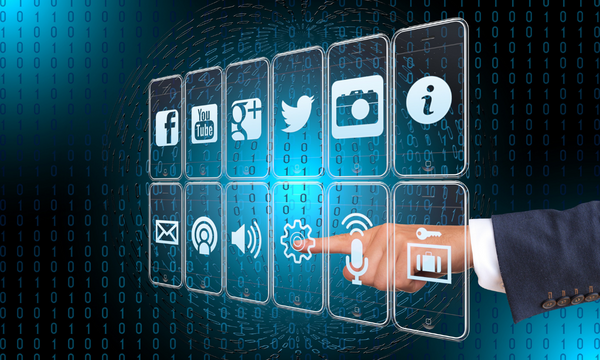
Diplomacy in the Digital Age: Social Media and Foreign Affairs


The rise of social media has transformed the way people communicate and interact with one another, and this has had a significant impact on diplomacy and foreign affairs. Social media platforms like Twitter, Facebook, and Instagram have become powerful tools for diplomats to connect with citizens and to shape public opinion.
Public diplomacy: Social media has become an essential tool for public diplomacy, which involves communicating with citizens to build understanding and support for a country's foreign policy. Diplomats can now use social media platforms to engage with citizens in real-time, providing updates on diplomatic initiatives, sharing cultural events and promoting their country's image.
Crisis communication: Social media has also become an important tool for crisis communication. In the event of a crisis, such as a natural disaster or a terrorist attack, diplomats can use social media to provide updates and to reassure citizens. Social media can also be used to coordinate relief efforts and to provide assistance to those in need.
Digital diplomacy: Social media has given rise to a new form of diplomacy known as digital diplomacy. Digital diplomacy involves the use of digital technology to conduct diplomatic activities, such as virtual meetings and negotiations. This allows diplomats to connect with their counterparts in other countries without the need for travel, reducing costs and increasing efficiency.
Information sharing: Social media has made it easier for diplomats to share information with one another. Diplomats can use social media platforms to share news articles, research papers, and other documents, allowing for more efficient collaboration and knowledge sharing.
Challenges: However, the rise of social media also presents new challenges for diplomacy and foreign affairs. Social media can be used to spread misinformation and propaganda, and diplomats must be able to distinguish between accurate information and false information. Diplomats must also be aware of the potential risks of cyber attacks and must take steps to protect their communications and data.

